
Meta unveils a new Facebook logo, reactions and more
Meta has launched what it describes as a "refreshed identity system for Facebook". This way of referring to a new logo should prepare you for an avalanche of further flowery language, and in this regard Facebook does not disappoint.
What is the purpose of the logo redesign? Meta says it has "a focus on fostering effortless, self-initiated exploration and connection across every touchpoint". The new logo is described as being "bolder, electric and everlasting", but it has already been the subject of some ridicule just hours after launch.

WhatsApp's new Flows feature lets you shop, book appointments and more from a chat with a business
Continuing its expansions in to shopping and eCommerce, Meta has announced WhatsApp Flows. The new feature allows businesses to give customers the chance to do things like book tickets and order items from within a chat.
Flows can be customized by merchants to meet the specific needs of a business, creating workflow-like purchasing experiences for customers. Launching globally over the coming weeks, WhatsApp has been testing Flows with partners in Brazil and India.
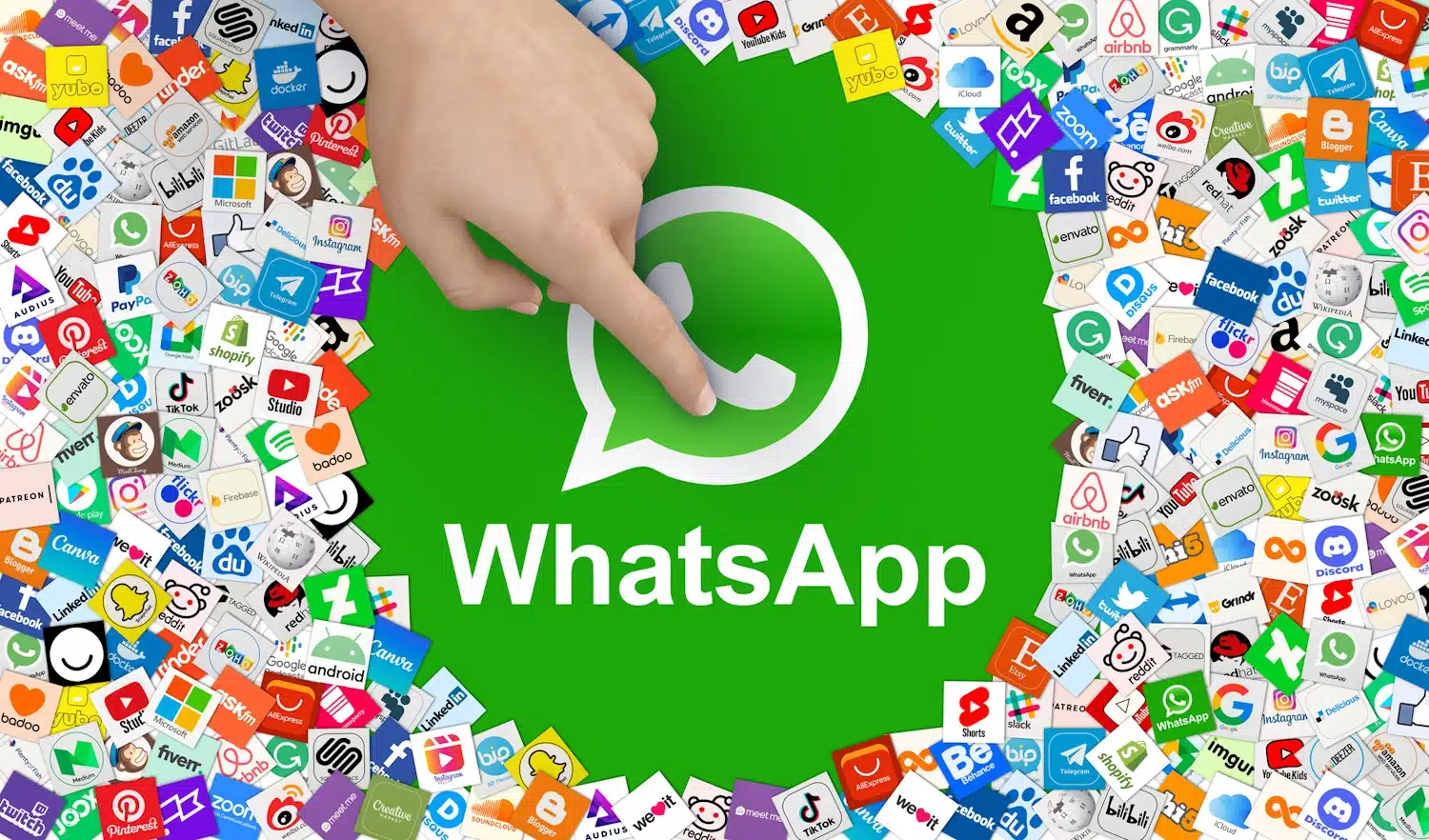
Soon you will be able to use WhatsApp to chat with people on other platforms
WhatsApp not only remains astoundingly popular, developers continue to refine existing features and add new capabilities at an astonishing rate. The latest beta version of the messaging app shows exciting signs that it may soon be possible to use WhatsApp to send and receive messages between other platforms.
This is an important -- and much-requested -- development because while WhatsApp has a colossal userbase, it is not yet ubiquitous. The fact remains that not everyone you may want to chat with is necessarily a WhatsApp user. In the future, this should not be a problem with the arrival of support for third-party chats.
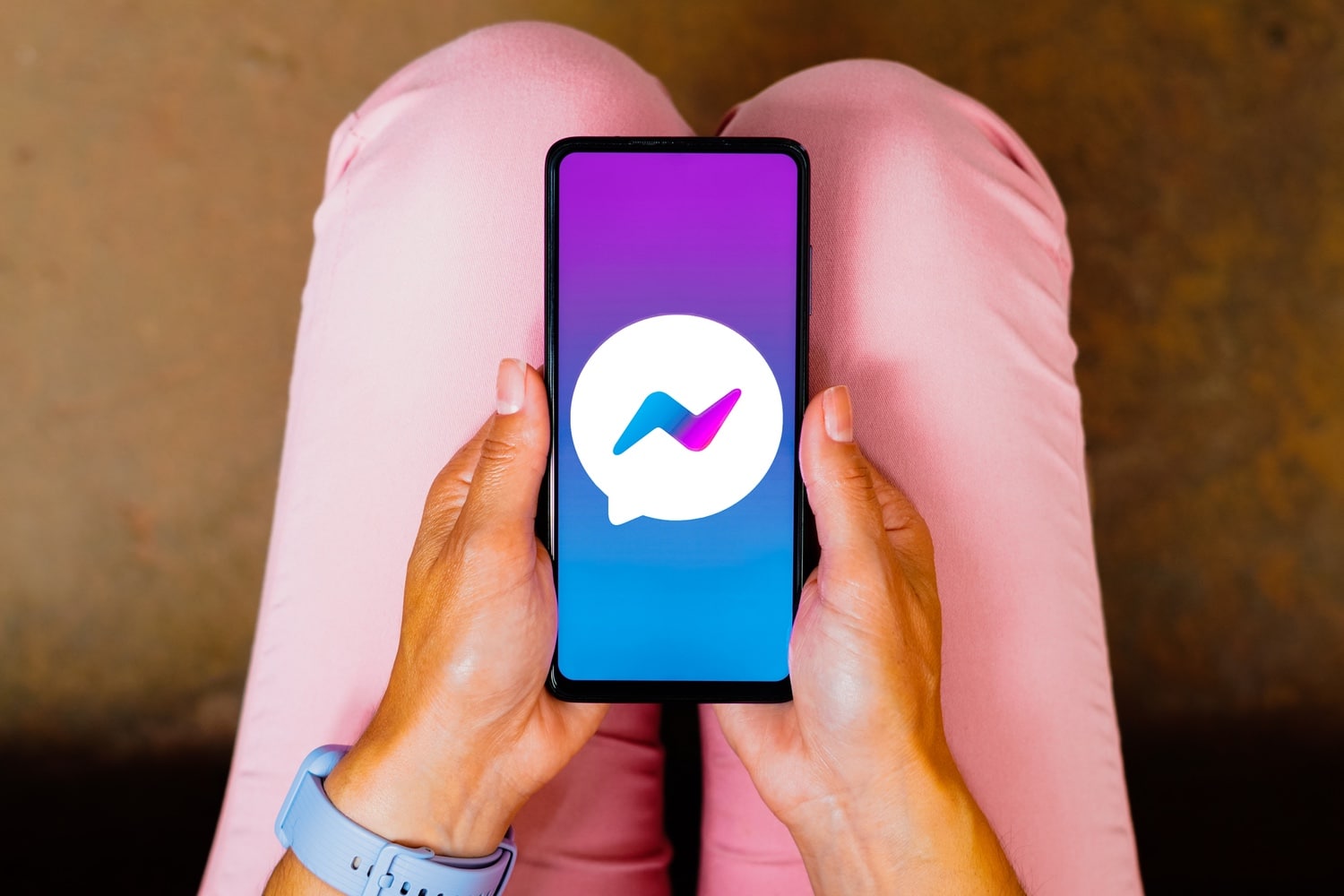
Meta is killing off the Messenger Lite app for Android in a matter of weeks
For anyone with an older, cheaper and less powerful Android device, the Lite version of Messenger has been something of a lifeline. The stripped-back, resource-light version of its big sibling was specifically designed to run well on lesser hardware, but now Meta has decided to kill it off.
Messenger Lite, once known as Facebook Messenger Lite, has been around for a number of years, but Meta is giving users just a few weeks' notice about the app being discontinued. The closure comes despite the app having millions of users.

Meta is expanding WhatsApp-style end-to-end encryption to Messenger
Security is vital for digital communication, and that's why the likes of Telegram and WhatsApp's end-to-end encryption (E2EE) is so important and popular. Meta has long been keen to expand this security feature to its various other messaging platforms, and now the Facebook-owner has announced that it is implementing E2EE for all Messenger users.
The company points out that this is currently a test phase, so while more and more people will see immediate security enhancements, the rollout will not be complete until the end of the year.
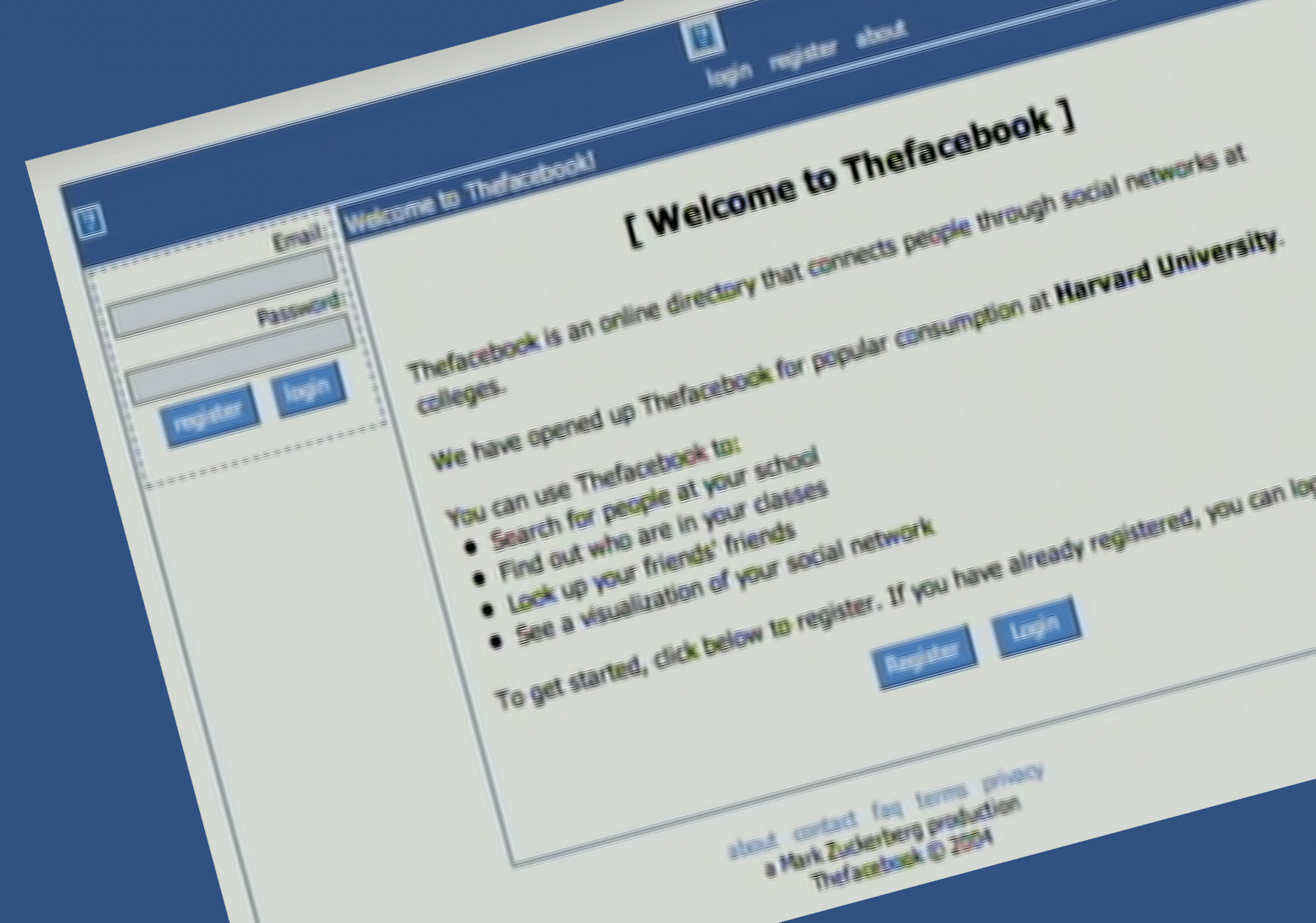
Facebook: The social networking giant's rise from a dorm room idea
In the winter of 2004, a Harvard sophomore named Mark Zuckerberg created a website that would revolutionize the way we communicate and share information. This website, known as Facebook, was initially a small project intended for Harvard students only. But it quickly grew into a global social networking phenomenon, connecting billions of people worldwide.
Zuckerberg was a computer science student with a knack for creating innovative web applications. His first notable creation was a program called CourseMatch, which allowed students to select classes based on the choices of other students. This was followed by Facemash, a website that allowed users to rank the attractiveness of their fellow students. Despite being shut down by Harvard administration due to privacy concerns, Facemash gave Zuckerberg the idea for a social networking site that would eventually become Facebook.

WhatsApp is finally getting more text formatting tools
Although WhatsApp leads the way in many regards, there are plenty of areas in which it is lagging behind. The text formatting options in the message app are incredibly limited, for instance, but this is about to change.
The Meta-owned app is finally being given more formatting tools. The update means that WhatsApp users will no longer be limited to using bold, italics and strikethrough, and the need to find workarounds for the lack of common formatting options will soon be eliminated.

Instant video messages arrive in WhatsApp
There are many ways to use Meta's WhatsApp. From typing text-based messages through sending photos, to full-on video chats, there are options to suit just about every eventuality.
With voice messaging having proved incredibly popular, WhatsApp is now expanding its instant messaging options to include video. Just like its audio-based cousin, instant video message let you quickly record and share messages -- this time with video.

Facebook and Microsoft are the most popular phishing bait
A new report reveals the most impersonated brands in phishing attacks for the first half of 2023, with Facebook taking the top slot, followed by Microsoft.
The report from email security company Vade, shows Facebook accounted for 18 percent of all phishing URLs and Microsoft for 15 percent. Taken together these two accounted for more unique phishing URLs than the next top five brands combined (Crédit Agricole, SoftBank, Orange, PayPal and Apple).
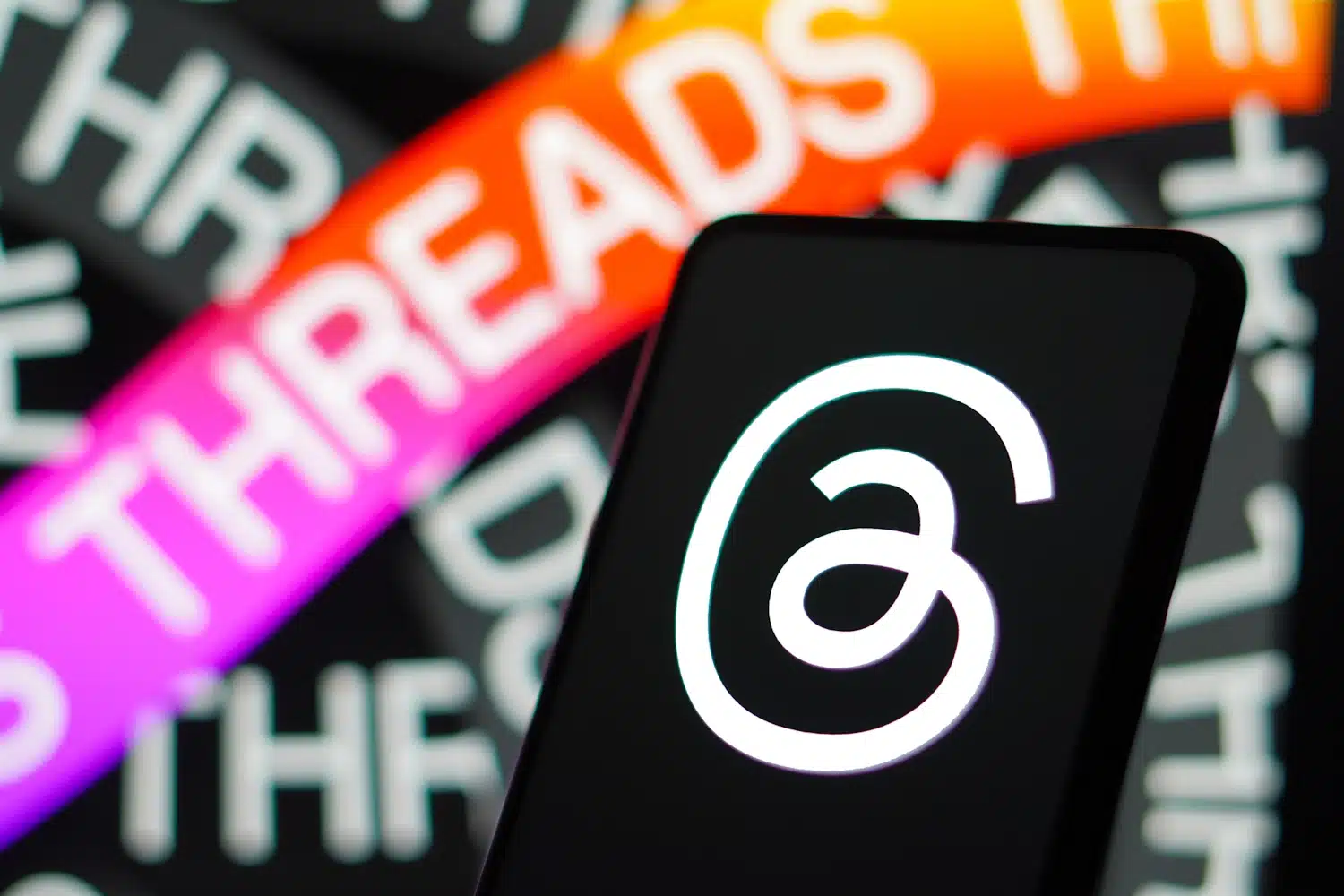
Avoid Threads if you value your privacy
The arrival of Threads this week saw Meta taking another step into the social arena with its Twitter clone. There have been lots of entirely understandable concerns voiced about Twitter recently, particularly in light of the chaotic impact of Elon Musk, and this has led to swathes of disgruntled and worried users switching allegiances and joining the likes of Bluesky, Mastodon and, now, Threads.
Whether jumping ship, leaving Twitter and signing up for Threads makes sense very much depends on your reason for doing so. If privacy is your main concern, for instance, there is little -- if anything -- to be gained. Coming from the same stables as Facebook, the fact that Threads sucks up personal data should surprise no one, but the sheer volume and range of what it collects is slightly breath-taking.

Meta faces criticism for poor accessibility features in Threads
Social platform Threads may only be a couple of days old, but it has already amassed millions of users. While Meta might be celebrating the popularity of its new Twitter rival, the company is also facing criticism from various quarters.
Huge privacy concerns mean that Threads not available in the European Union -- not officially, at least. But there are also complaints that the app has been rushed and feels unfinished. Released in Disability Pride month, one of the biggest complaints leveled at Threads is that it lacks basic accessibility options and features.
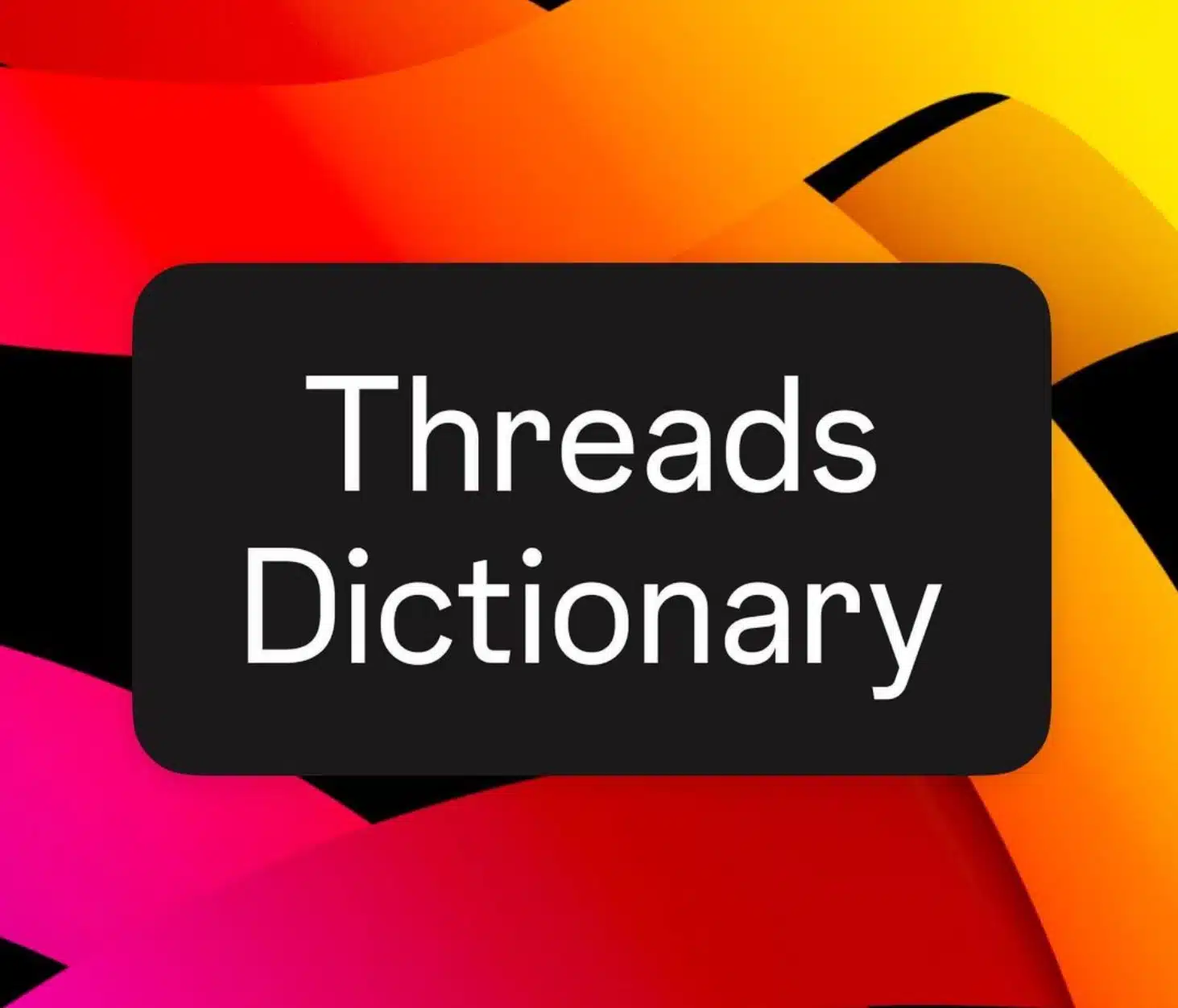
Meta publishes Threads Dictionary to help newcomers decipher the jargon
For many people the release of Threads, Instagram's text-based conversation app, represents an alternative to Twitter -- a platform which is widely considered to have become more toxic and problematic under Elon Musk. But for an even larger number of people, Threads will be their first step into this type of social media.
Switching from Twitter, Mastodon or Bluesky to Threads -- or using them in conjunction with each other -- is painless, but for anyone who has never used such a platform, the language surrounding it can be slightly mystifying. And this is why Meta has released a Threads Dictionary to bring users up to speed.
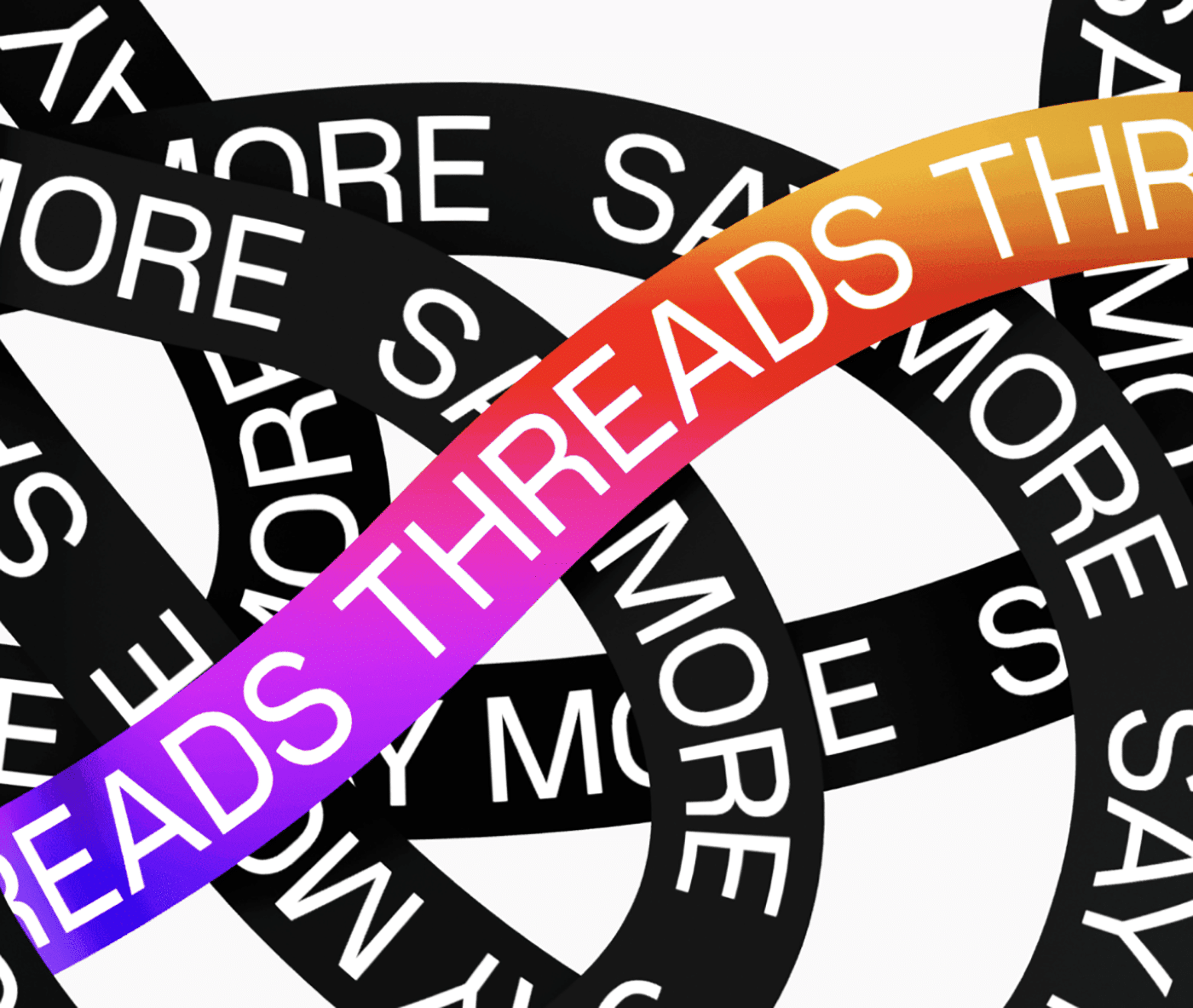
How to add and manage multiple accounts in Threads, Meta's new Twitter rival
Threads, Meta's Twitter alternative, is now live and already proving incredibly popular. It's very much a work in progress, with lots of features missing, but the developers are working hard at bringing these to the app.
One question I've seen asked quite a few times is how to add a second account to Threads, and it's definitely not as obvious as it could be. The process is easy enough though, just follow these steps.

Meta officially announces the Quest 3 VR headset
With Apple widely expected to announce its own VR headset next week, Meta has stepped forward to take the wraps off its own next-gen headset.
Meta Quest 3 will debut this fall and be slimmer, more comfortable and significantly more powerful than the Quest 2, with full color passthrough. The new headset will be offer higher resolution, stronger performance and what the company calls "breakthrough Meta Reality technology".

Meta hit with record €1.2 billion fine for transferring European Facebook user data to the US
Facebook owner Meta has been fined a record €1.2 billion (around $1.3 billion) by Ireland's Data Protection Commission (DPC). The fine was issued for breaching EU data sharing regulations by failing to sufficiently protect user data.
In addition to the record fine, Meta has been ordered to cease the transfer of user data from the EU to the US for processing within six months. Responding to the demand to stop the "unlawful processing, including storage, in the US" of European user data, Meta points out that it "uses the same legal mechanisms as other organizations" and indicated that it intends to appeal against the ruling.
